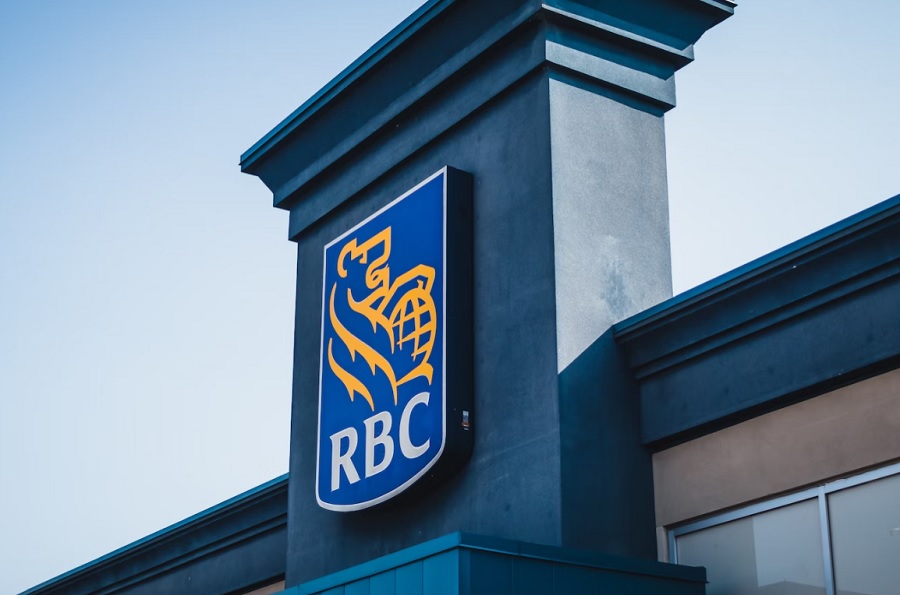
Royal Bank of Canada, or RBC (RY) announced that it will acquire HSBC Canada, the Canadian operations of HSBC Group, for $13.5 billion in cash. HSBC has been selling off some of its other foreign units over the years and it was known that HSBC Canada was on the block. We think it’s clear that a domestic Canadian bank would be a more cost efficient owner of this franchise, given clear opportunities for cost cutting. It is very hard for foreign banks to compete effectively in Canada and scale up in any significant way. This was clear to us as RBC plans to cut $740 million of expenses, or roughly 55% of HSBC’s estimated 2024 expense base.
With regards to price, it had been rumored that the price tag for HSBC Canada could range from $8 billion to $10 billion, so RBC’s price of $13.5 billion was on the higher end of original estimates. If we look at estimated 2024 earnings of $1.4 billion and the $1 billion in integration costs, and we assume minimal growth, we think the bank may create between $0 to $4 in per share value, which isn’t material relative to our current fair value of $141 per share. As such, we do not plan to materially change our fair value in response to this announcement.
Aside from being a more efficient owner, we think there are some questions around the strategic benefits of the acquisition. On the one hand, RBC is acquiring a decent client base with the transaction.
HSBC Canada was a profitable bank and has a healthy mix of commercial and affluent wealth clients, all of which is generally complementary to RBC’s capabilities and will help the bank gain additional share. However, the “globally connected” nature of HSBC’s clients and the fact that these clients had chosen HSBC in the first place make us wonder if there is not some retention risk as RBC takes over. Managing this retention risk will be key, in our view. RBC highlighted the ability to use some of HSBC’s technology and products to add more global capabilities to the existing RBC product pool, along with a partnership with HSBC Global, however we see retention and execution risks nonetheless.
We’ll also highlight some regulatory risk to the deal. Regulators have given some signs in the past that they don’t want the Canadian banking industry to become more concentrated. Technically, this transaction would make the industry more concentrated, however it would only be a slight change. HSBC Canada has just under 2% of total assets within the Canadian banking system, while RBC has roughly 24%, and the combined entity would have just over 25%. We think there is a decent chance that regulators don’t baulk at RBC going from 24% to 25% of total assets of the banking system.





















